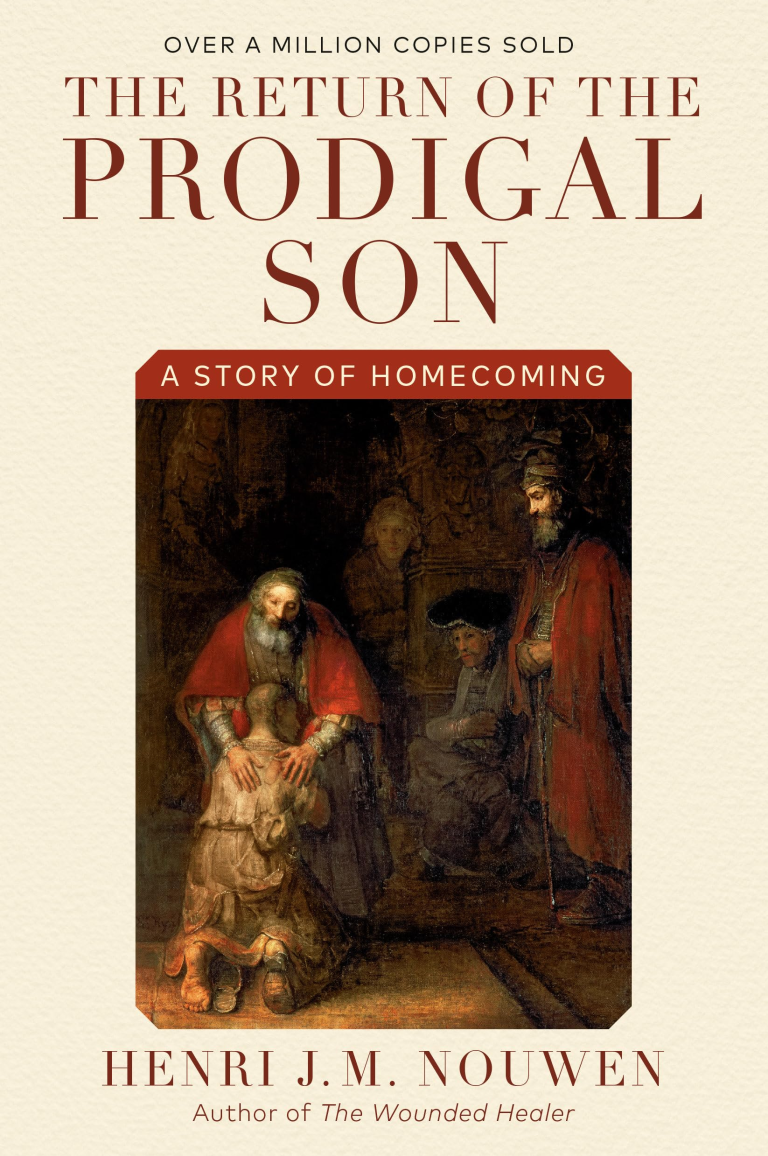Gentle and Lowly: The Heart of Christ for Sinners and Sufferers

A year ago, as I was looking through the endorsers of a well – known decade – old book about the gospel, I was startled to discover that, out of 17 prominent Christian leaders, six had stepped down or been removed from their ministry positions. That’s a more than one – third dropout rate in just 10 years, and it seems like more leaders are falling from grace every day. While leadership failures aren’t new, two aspects have been particularly notable in recent years. First, the reasons for their removal often aren’t related to sexual sin.
Take a look at these descriptions (all from Christianity Today) of well – known leaders who left or were ousted from their positions:
“manipulation, domineering, lack of biblical community”
“arrogance, responding to conflict with a quick temper and harsh speech, and leading the staff and elders in a domineering manner”
“spiritual abuse through bullying and intimidation, overbearing demands”
“insulting, belittling, and verbally bullying others”
“various expressions of pride”
These leaders, because of their harshness, anger, and pride, were not fit for ministry.
Secondly, and unfortunately, these leadership issues are close to home. All of the above – mentioned leaders had some connection with The Gospel Coalition. This isn’t just a problem happening “elsewhere.” In a time when many secular leaders are becoming increasingly unkind, uncouth, and erratic, it’s crucial for Christians to follow Jesus’s instruction: “It shall not be so among you” (Matt. 20:26). Yet, all too often, this is exactly what we see.
There’s another serious problem that’s less obvious, less dramatic, but just as harmful and widespread. It affects both regular church – goers and those in the pulpit.
Why Do We Feel Spiritually Dry?
Many Christians who know the gospel still struggle to experience and enjoy the Christ of the gospel. Maybe it’s partly because they’re not sure if Christ even likes them. They live with the feeling that Christ is often on the verge of getting fed up with them; that one or two more sins will exhaust his patience; that he’s more irritated than pleased when he thinks about them; and that even if he forgives, he does it reluctantly and with reproach. I remember sitting with an elderly and devout Christian who told me she had struggled with a constant sense of guilt for years. Even though she believed in Jesus, she never felt good enough. In her mind, she was always disappointing him.
Both of these problems cause a great deal of harm. Leaders who fail in their ministry don’t show others the heart of Christ, and Christians who can’t fully embrace the gospel they believe in don’t understand Christ’s heart for themselves. At the root of both issues is a failure to know Jesus as he truly is. Let’s be honest – even Reformed, gospel – centered Christians who love Jesus need to see and understand him just as much as anyone else. Despite our sound theology, we desperately need to know what makes Christ’s heart tick, just like our fellow believers in other traditions.
Christ rejoices in loving his people even more than they rejoice in receiving his love.
That’s why I’m so thankful for Dane Ortlund’s timely new book, Gentle and Lowly: The Heart of Christ for Sinners and Sufferers. In 23 concise chapters, Ortlund re – introduces us to “the heart of Christ for sinners and sufferers.” Ortlund wants us to know who Jesus really is, what his natural inclinations are, and what comes most freely and instinctively from him (13). At his very core, Jesus is gentle and humble. Christ’s heart is tender, open, welcoming, and understanding – a heart that takes more joy in loving his people than they do in receiving that love.
A Book Rooted in the Bible and Past Wisdom
Since we get to know Jesus mainly through the Bible, Ortlund’s book is firmly centered on the biblical text. And because the wisdom of those who came before us helps us better understand the Bible, the book often draws on the 400 – year – old wisdom of the Puritans, especially Thomas Goodwin, Richard Sibbes, and John Bunyan.
The Bible’s message about Jesus’s heart is not just something to be intellectually grasped but to be cherished. Since the Puritans were spiritual shepherds, not just intellectual giants, this book is more about pastoral theology than presenting textbook – style truths. Its goal is to comfort and console readers, inviting them to have a deeper and more vivid experience of Christ. It does this with intellectual precision – neatly summarizing the flow of Bible books for better context, regularly engaging with writers from church history, and helpfully addressing important interpretive and theological questions (for example, does Christ’s present intercession mean there’s something lacking in the atonement?).
The book also offers a nuanced view. Ortlund acknowledges that the gentle and merciful Christ also has a holy anger and always acts with perfect justice (28–29, 108–12). In fact, one of the book’s most significant contributions is its exploration of how love and judgment coexist in the heart of the triune God. Following Goodwin and using passages like Isaiah 28:21, Jeremiah 32:41, and Lamentations 3:33, Ortlund argues that while God’s judgment is clearly part of his sovereign nature and rule, it’s his “strange work.” He brings judgment reluctantly, which is different from how he approaches his acts of mercy and redemption. His deepest desire is to show mercy to his people.
Experiencing Christ’s Love
In a book that aims not only to convince the mind but also to heal the heart and foster a new experience of Christ, language is of utmost importance. Beautiful truths need to be expressed beautifully. Words and images should touch the mind and find a place in the heart. Just listen to these evocative descriptions and simple yet profound statements:
“What helium does to a balloon, Jesus’s yoke does to his followers. We are buoyed along in life by his endless gentleness and supremely accessible lowliness.” (23)
“Intercession is the constant hitting ‘refresh’ of our justification in the court of heaven.” (80)
“His heart for his own is not like an arrow, shot quickly but soon falling to the ground; or a runner, quick out of the gate, soon slowing and faltering. His heart is an avalanche, gathering momentum with time; a wildfire, growing in intensity as it spreads.” (203)
When explaining Christ’s intercession, Ortlund asks us to imagine hearing Jesus praying aloud for us in the next room. When unpacking Thomas Goodwin’s exposition of Hebrews 4:15, he asks us to picture a friend taking our hands and placing them “on the chest of the risen Lord Jesus Christ” so that we can feel “the vigorous strength of Christ’s deepest affections and longings” (45).
Ortlund believes, “It is impossible for the affectionate heart of Christ to be overcelebrated, made too much of, exaggerated” (29). I couldn’t agree more, especially for those of us who need daily reassurance that Christ is eager to forgive and embrace us again.
Unexplored Dimensions
The book takes a “facets – of – a – diamond” approach, studying Christ from multiple angles rather than building a linear argument from chapter to chapter. This can sometimes make the book feel a bit repetitive. However, this “diamond” is so beautiful that it’s worth studying closely. In fact, I would have loved to see even more aspects explored.
For example, how does Jesus’s love for sinners relate to his passion for God’s glory? Answering this question will prevent us from having a self – centered or narrow view of Jesus’s love for us. Also, how is Jesus’s love for sinners connected to the intra – Trinitarian love of God? Jesus was loved by the Father before the world was created (John 17:24), and he made the Father’s name known to his disciples so that “the love with which you have loved me may be in them, and I in them” (John 17:26). What does it mean that the love of God for God is now within us?
Early in the book, Ortlund asks his readers: “Do you live with an awareness not only of [Christ’s] atoning work for your sinfulness but also of his longing heart amid your sinfulness?” (16). This is a critically important question that each of us should think deeply about. I hope many people will read this book carefully, and that God will use it to create kinder, gentler Christian leaders and more confident, joyful Christians. Christians who truly know that they are warmly welcomed into the loving, generous heart of Jesus.





